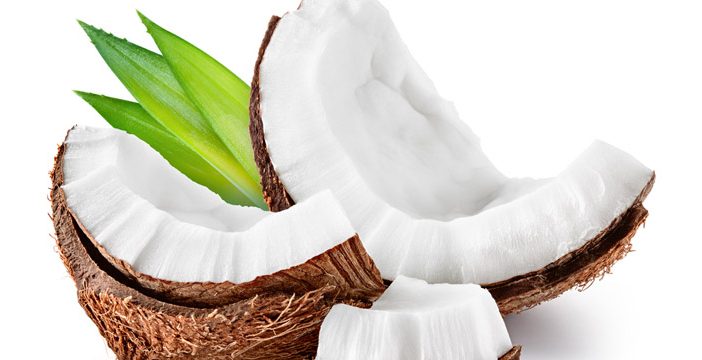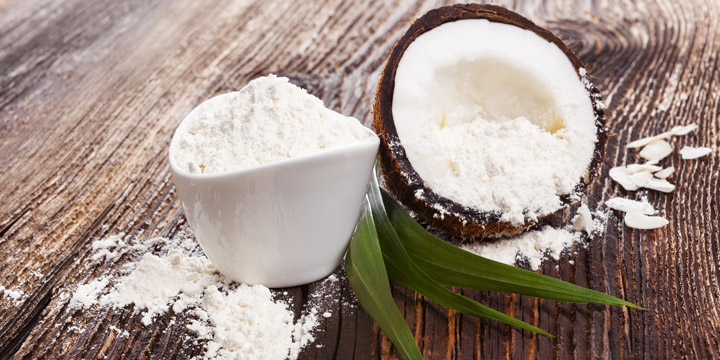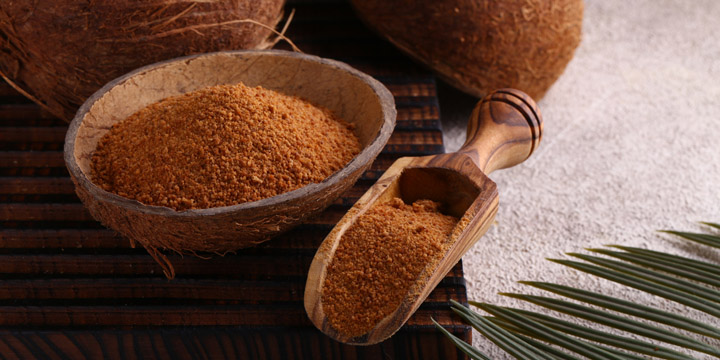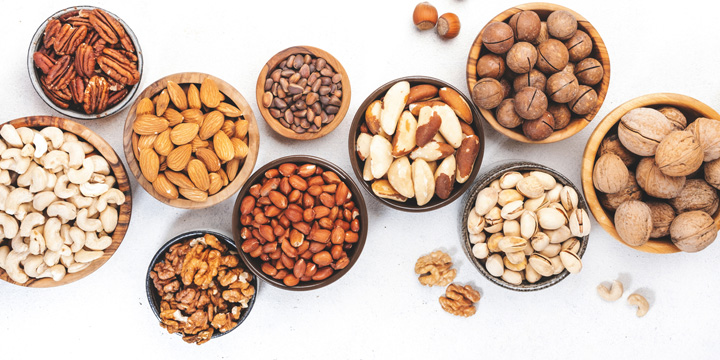
Aside from conjuring up images of tropical islands, the coconut is a very versatile food. Coconut water, coconut milk, coconut oil, coconut flour and coconut sugar are all derived from the coconut. Along with being absolutely delicious, the benefit of eating coconuts is that they are rich in fibre, vitamins and minerals and are low glycemic index. (The glycemic index is the speed with which a food raises blood glucose levels.)
On the other hand, coconuts are high in saturated fat, which can contribute to higher LDL cholesterol levels (the “bad” cholesterol). As with all things, moderation is key and reading labels to avoid added sugars is important. Sweetened coconut products, such as the flakes used in baking and the cream used for pina coladas, are best enjoyed in small portions so that the effects on cholesterol and blood sugar are minimal.
Coconut water
Coconut water is the liquid found inside fresh coconuts; it has very little fat content and is low in calories. Although delicious and refreshing, a 1-cup serving of coconut water provides about 10 grams (2 teaspoons) of carbohydrate so coconut water is not a substitute for drinking plain water as it will impact blood sugar levels. Some brands of coconut water are sweetened with added sugar making them even higher in carbohydrate content; be sure to check the nutrition facts labels carefully.

Coconut milk
Coconut milk is a creamy liquid derived from the flesh of the coconut. Coconut milk can be thick and creamy or more thin and fluid. The more fluid form has fewer calories than the thicker form. Coconut milk is used in many different types of cooking. Opt for the less creamy form if reducing the amount of calories is important for you.

Coconut oil
Most of the fat in coconuts is saturated fat, which is why coconut oil is solid at room temperature. Saturated fat is the type of fat that raises your LDL cholesterol level, putting you at greater risk for heart disease. Diabetes Canada recommends that less than 9% of your total daily calories should come from saturated fat. That amounts to less than a teaspoon of coconut oil. Additionally, coconut oil is high in calories, so if you’re consuming high amounts of coconut oil without adjusting your diet, it could lead to weight gain over time.
Coconut flour
Coconut flour is gluten-free and rich in dietary fibre. It is made by grinding coconut flesh into a fine powder. Because it is low in carbohydrate and has a low glycemic index compared with flours such as wheat and corn, it has a mild impact on blood glucose levels.

Coconut sugar
Coconut sugar has a similar effect on your blood glucose levels as white (cane) sugar. Even though coconut sugar has a lower glycemic index than white sugar, it will still have an impact on blood glucose, perhaps not as high as white sugar but it will cause a significant elevation. Also, coconut sugar is not as sweet as white sugar, so many people tend to add more to get the sweetness they like and end up consuming more coconut sugar than white sugar.

Coconut has received a lot of attention recently for other potential health benefits. The research on this, however, is not conclusive. As with all foods, coconut in its many forms can be consumed in moderation and enjoyed for its tropical flavour and delicious aroma.



